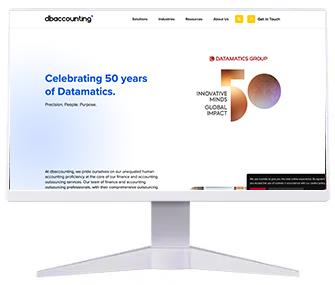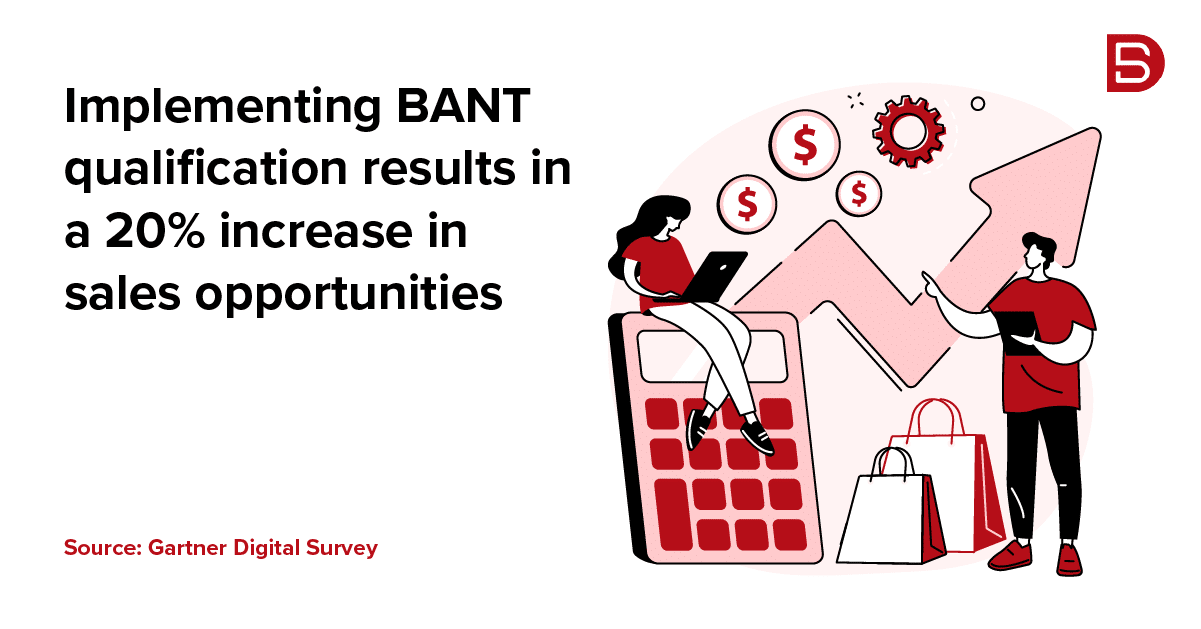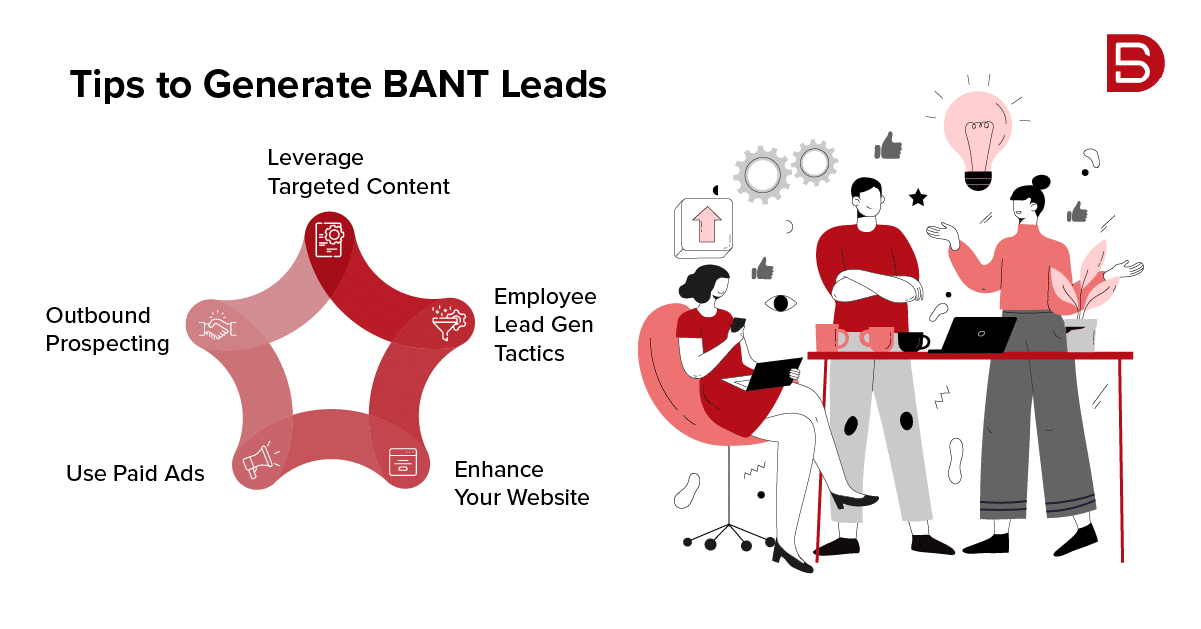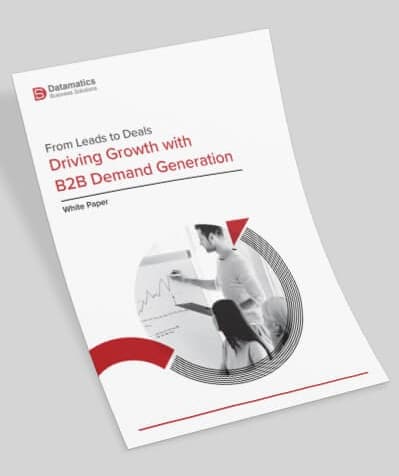BANT might sound like just another sales buzzword, but before you roll your eyes, hear us out. The BANT qualification process is still relevant today; not because of the acronym itself, but because it genuinely helps you sell smarter. It’s all about qualifying leads and connecting with the right people.
BANT leads are the prized prospects in the B2B space, they’re the ones who not only want what you’re selling but also have the budget, the power to make decisions, and a timeline in place to move forward. In this article, we’ll dive into why BANT leads are so important, how they can supercharge your B2B marketing efforts, and the best ways to find, qualify, and engage with them to drive your business forward.
Understanding BANT Leads & Their Significance for B2B Marketers
The key distinction between BANT lead targeting and regular lead targeting is the criteria used to qualify leads. Regular lead targeting often relies on broader factors like demographics, industry, or past behavior to segment and target prospects. While these can be helpful, they don’t necessarily indicate how ready a lead is to make a purchase.
BANT leads are potential customers characterized by:
- Budget: They have the financial means to invest in your product or service.
- Authority: They possess the decision-making power to approve the purchase.
- Need: They have a genuine, urgent need for what you’re offering.
- Timeline: They have a defined timeframe for when they intend to make a purchase.
BANT Leads vs. HQL: What Sets Them Apart
While BANT leads are often seen as the gold standard, there’s another qualification framework called HQL, or Highly Qualified Leads. HQL refers to leads that have shown strong interest in your products or services but may not meet all the BANT criteria.
The main difference between BANT and HQL lies in the level of qualification. BANT leads have been rigorously vetted and show a higher degree of sales readiness, whereas HQL leads might still need further qualification and nurturing before they’re ready to purchase.
Both BANT and HQL leads are valuable for B2B marketers, but BANT leads generally have a higher conversion rate and are usually prioritized in the sales process.
How to Attract and Nurture BANT Leads Successfully
Even though lead generation often focuses on quantity, prioritizing quality is key to achieving long-term success. BANT leads are high-quality prospects but generating them requires a strategic and multi-faceted approach.
1. Leverage Targeted Content
Develop high-quality, informative content that addresses the specific pain points and challenges of your target audience. This could include blog posts, whitepapers, webinars, or industry-specific resources. By offering valuable insights, you can attract and engage potential customers who are actively seeking solutions.
2. Employ Effective Lead Generation Strategies
Try techniques like lead magnets, gated content, and lead capture forms to gather details about your prospects and assess them using BANT criteria. This way, you can identify those who have the budget, decision-making power, a real need, and a clear timeline for buying.
3. Enhance Your Website
Make sure your website is optimized to capture and qualify leads effectively. This involves featuring prominent calls-to-action, incorporating lead capture forms, and clearly presenting information about your products or services and their benefits.
4. Make the Most of Paid Advertising
Use targeted ads on platforms like Google Ads, LinkedIn, or social media to reach your ideal customers. Craft your messaging and targeting carefully to attract BANT-qualified leads who are actively looking for solutions like yours.
5. Try Outbound Prospecting
Take the initiative to connect with potential customers via email, social media, or direct outreach. This helps you start a conversation, understand their needs, and determine if they fit the BANT criteria.
Finding the Right Audience with BANT Leads
Focusing on the right audience helps you save time and resources by avoiding wasted efforts on those not interested in your products or services. Rather than casting a wide net, targeting BANT leads is like zeroing in on a precise segment of the market. This approach enables you to use your marketing budget more effectively, ensuring you reach individuals who are more likely to convert.
• Create Buyer Personas
Develop detailed profiles of your ideal BANT customers. These personas should outline their job roles, industry, company size, budget, decision-making power, pain points, and buying timeline.
• Use Segmentation and Targeting
Apply data-driven methods to pinpoint the companies, job titles, and industries that best match your BANT criteria. This involves analyzing your current customer base, performing market research, and leveraging targeted advertising platforms.
• Leverage B2B Data for Better Lead Targeting
Take advantage of B2B data and intelligence platforms to gather detailed information about your potential BANT leads, including their company size, revenue, industry, and key decision-makers. This helps you refine your target audience and concentrate your outreach efforts more effectively.
• Focus on High-Value Verticals
Pinpoint the industries, company sizes, or geographic areas most likely to have the budget, authority, need, and timeline for your products or services. Concentrate your targeting efforts on these high-value segments to enhance your return on investment.
• Connect Through Industry Networks
Get involved in industry-specific forums, LinkedIn groups, and professional associations where your ideal BANT leads are likely to be. Engaging in these spaces helps you establish connections, gain valuable insights, and discover potential leads.
• Use Referrals and Partnerships
Encourage your current customers to refer potential BANT leads and seek out strategic partnerships with complementary businesses or industry influencers to help you reach your target audience.
How BANT Accelerates the Sales Process
• Improved Lead Quality
BANT enhances lead quality by targeting those who meet key criteria. Leads that align with BANT are more likely to be genuinely interested and ready to buy. This focus allows sales teams to spend less time on leads that have a lower chance of conversion.
• Focused Sales Efforts
BANT-qualified leads are usually further along in their decision-making process, having already established their need, budget, and authority. This allows sales teams to focus their efforts on providing tailored solutions and handling objections more effectively, resulting in a more efficient sales process.
• Quicker Decision-Making
BANT-qualified leads come with a clear timeline for their purchase decisions. This insight allows sales teams to expedite the sales process by aligning their follow-up strategies and closing efforts with the lead’s decision schedule.
• Efficient Resource Allocation
Focusing on BANT-qualified leads allows sales teams to optimize how they allocate their time and resources. This targeted approach leads to more efficient use of both, ultimately shortening the sales cycle.
• Enhanced Collaboration
BANT establishes a shared language and criteria for marketing and sales teams. This alignment ensures that marketing deliveries lead to a higher likelihood of conversion, resulting in a smoother transition and a more effective sales process overall.
Conclusion
BANT is a valuable tool for fine-tuning your lead generation and sales efforts in the fast-paced B2B world. By zeroing in on leads that meet the budget, authority, need, and timeline criteria, you can greatly boost your chances of closing deals and hitting your revenue goals.
That said, BANT isn’t the whole story. It’s important to stay flexible and mix in other approaches, like lead scoring and analyzing behavior, to fine-tune your qualification process. By combining BANT with these additional strategies, you’ll build stronger connections with your target audience and drive steady growth for your B2B business. Ready to supercharge your B2B marketing with high-quality BANT leads? Write to us at marketing@datamaticsbpm.com to learn more about our tailored lead generation strategies.

James Libera





